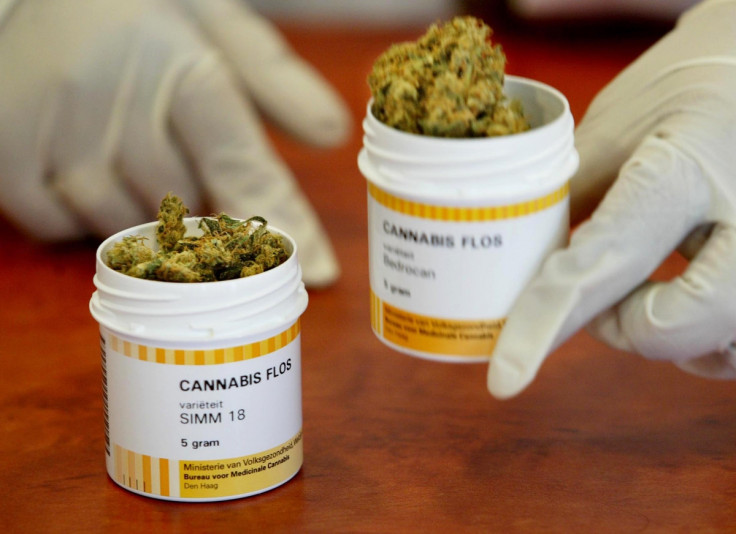Epileptic seizures in under-30s reduced by 37% with cannabis-based drug

A cannabis-based drug reduces epileptic seizures in children and young adults who do not respond to normal epileptic medication. The drug, Epidiolex, is a purified cannabinoid and reduced seizures by 37%.
The new research shows the drug reduced the number of seizures in patients between the ages of one and 30. All of the participants had previously shown resistance to standard epileptic treatments, including drugs and a ketogenic diet – a special high-fat, low-carbohydrate diet used to treat severe epilepsy. However, the cannabis-based treatment has proven to be effective.
"This trial is pioneering a new treatment for children with the most severe epilepsies, for whom nothing else works," said Maria Roberta Cilio, senior author of the research. "This is just the first step. This open label study found that cannabidiol both reduces the frequency of seizures and has an adequate safety profile in children and young adults."
The research built upon a one-off treatment for a child in the University of California's Benioff Children's Hospital. The child was given the Epidiolex drug in April 2013, after special permission from the US Food and Drug Administration's Investigational New Drug programme. Positive results prompted the scientists to investigate further, leading them to this discovery.
The study, published in The Lancet Neurology, used 162 epilepsy patients across 11 locations in the US. All of the subjects were given Epidiolex in its green, liquid form. Whilst this drug is from the same family as marijuana, it does not contain tetrahydrocannabinol – the chemical responsible for psychological effects.
Results from the investigation showed an average 36.5% decrease in the number of seizures that affect muscle activity across the participants. In addition, the average number of these seizures also decreased month by month, beginning at 30 and finishing at just under 16, 12 weeks later.
"Better treatment for children with uncontrolled seizures is desperately needed," said Cilio. "In children, uncontrolled seizures may impact brain and neurocognitive development, which can have an extraordinary effect on quality of life and contribute to progressive cognitive impairment."
The next step for the researchers is to carry out randomised controlled trials, where some participants are treated with Epidiolex and the remainder are not. The results between the two groups can then be compared, to see if the new treatment is effective and safe.
© Copyright IBTimes 2025. All rights reserved.






















